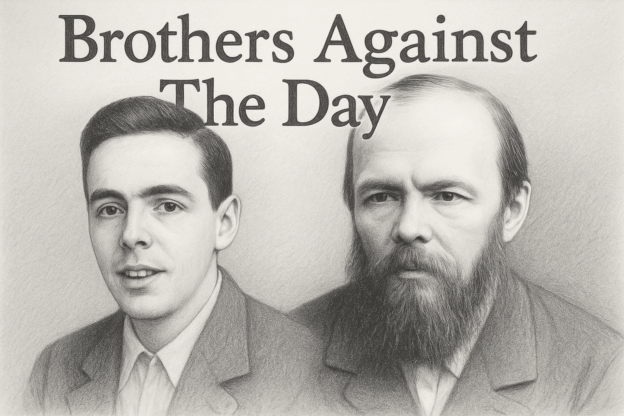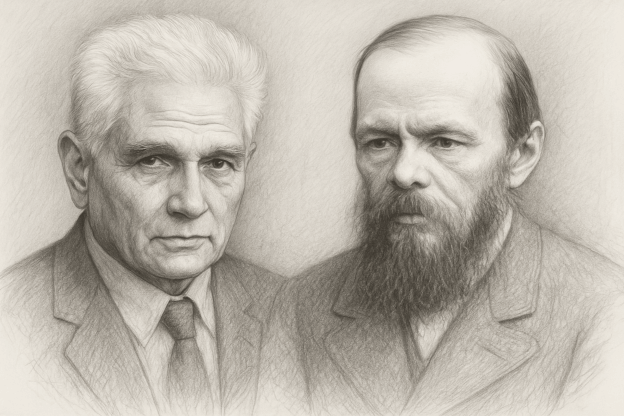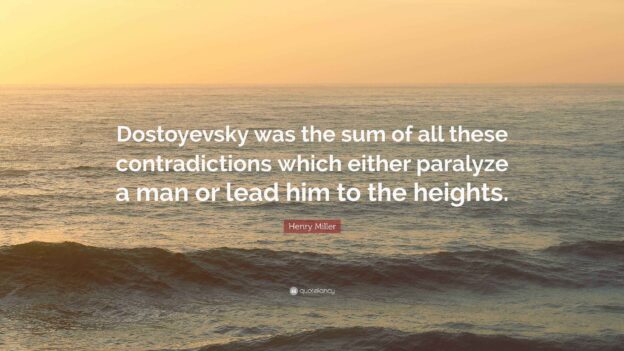This article weaves together the philosophical contours of Derridean deconstruction, Baudrillardian hyperreality, and semiotic theory to interrogate the literary universes of Fyodor Dostoevsky and Thomas Pynchon. A Semiotic Descent into Hyperreality, Paranoia, and the Collapse of Meaning
Continue reading

